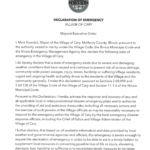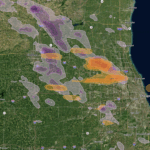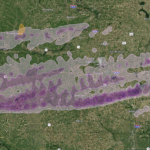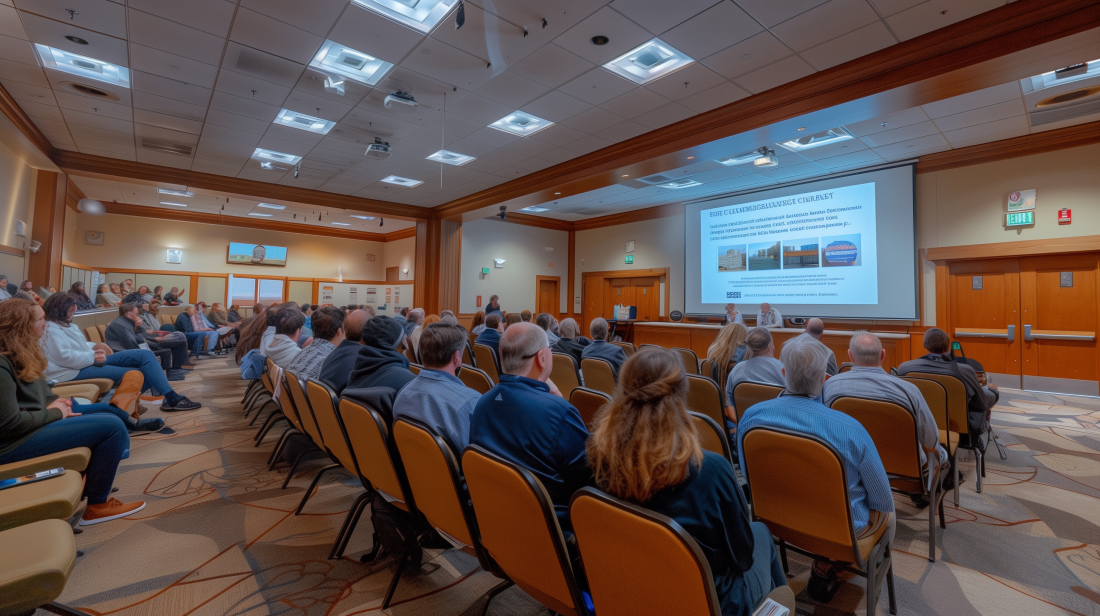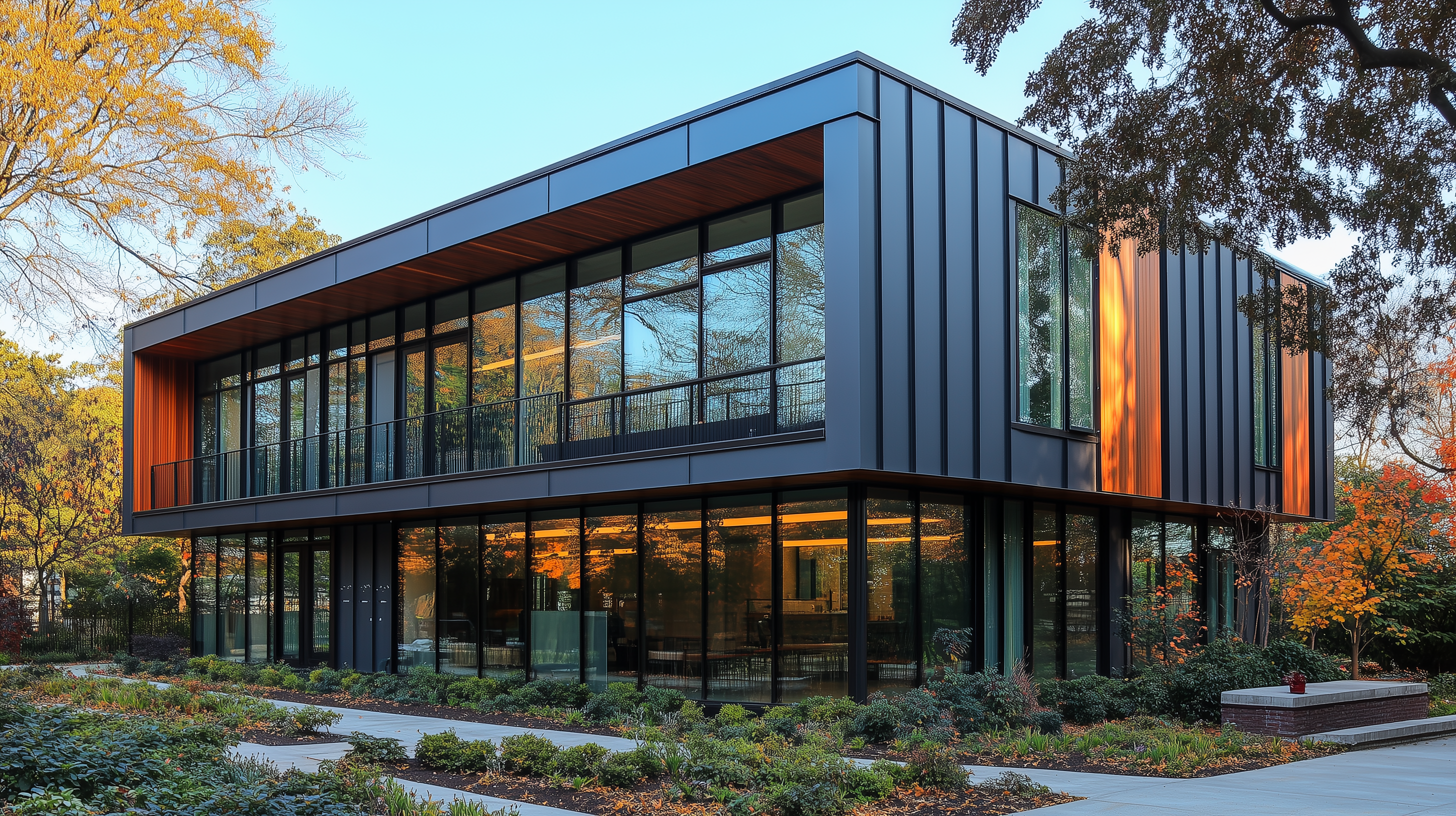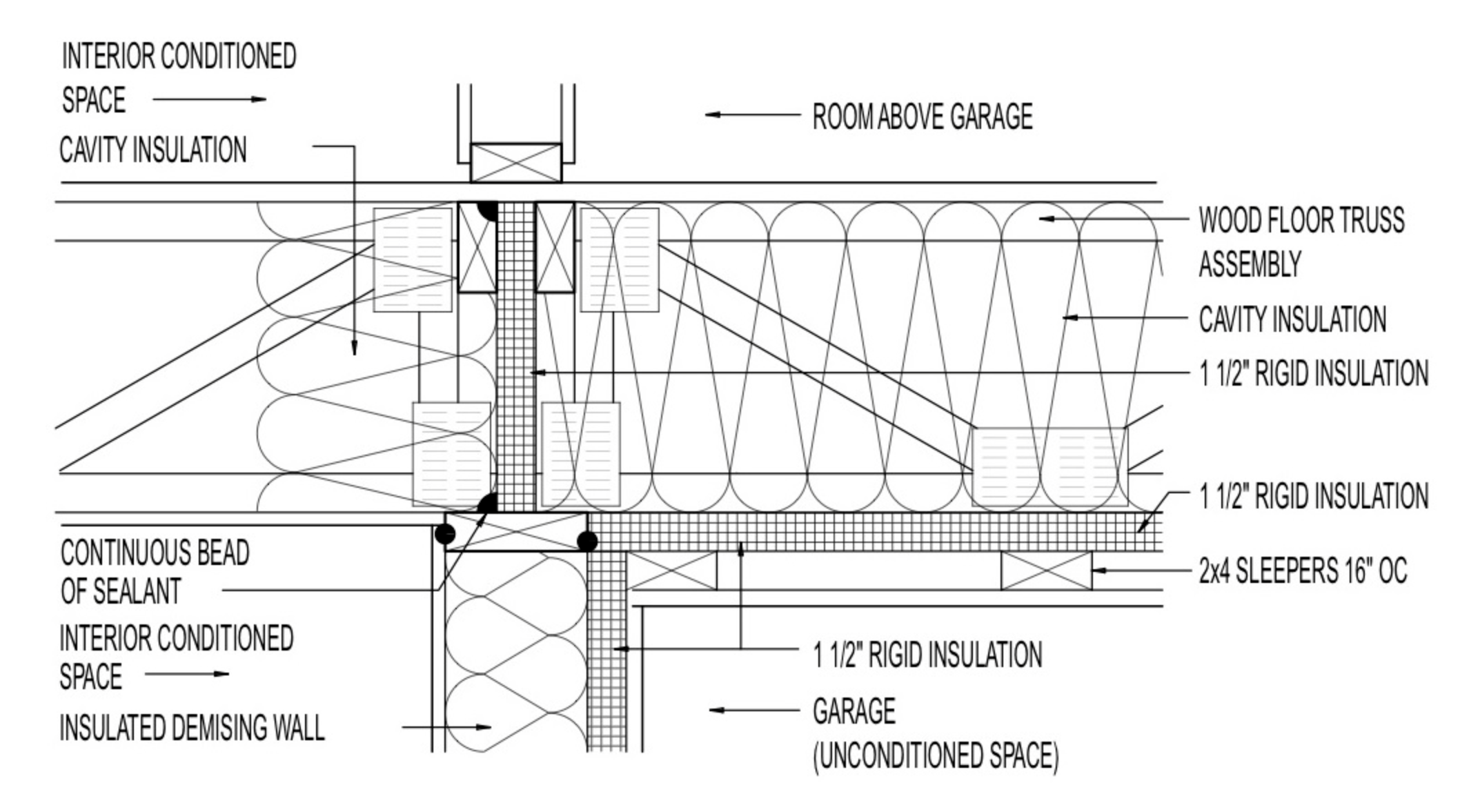Key Changes in Building Code Regulations Under Illinois Public Act 103-0510
Illinois Public Act 103-0510 introduces significant changes to building code regulations, impacting newly constructed and substantially improved commercial buildings in non-building code jurisdictions.
Certification of Inspection Requirements
New Regulations for Commercial Buildings
Starting January 1, 2025, newly constructed or substantially improved commercial buildings in non-building code jurisdictions must be inspected by qualified inspectors. These inspectors must file certifications confirming compliance with specified building codes, including the International Building Code and the National Electrical Code.
Qualified Inspectors
Inspectors must hold certifications from recognized organizations such as the International Code Council or National Fire Protection Association. This ensures that inspections meet high standards of competency and accuracy.
Local Building Code Identification
Obligations for Municipalities and Counties
Municipalities and counties adopting new building codes must identify these codes to the Capital Development Board (CDB) at least 30 days before their effective date. Existing codes must also be reported to the CDB within 180 days of the act’s effective date.
Notification Requirements
This requirement ensures that the CDB is aware of all local building regulations, allowing for better coordination and enforcement of building standards across Illinois.
Structural Design Requirements
Baseline Codes for Structural Design
From January 1, 2025, all municipal and county building codes must regulate the structural design of buildings to be at least as stringent as the International Building Code, the International Existing Building Code, and the International Residential Code for One- and Two-Family Dwellings.
Ensuring Safety and Compliance
These baseline requirements are designed to ensure that buildings are constructed and maintained to high safety standards, reducing the risk of structural failures and enhancing public safety.
Exemptions and Special Cases
Residential Construction
New residential construction, defined as single-family homes or dwellings with two or fewer units, is exempt from these new certification requirements. However, it must still comply with other relevant codes like the Illinois Residential Building Code Act.
Agricultural Buildings
Agricultural buildings, such as barns and silos, are also exempt from the new certification requirements, recognizing the unique nature of agricultural construction and its lower risk profile.
Impact on Non-Building Code Jurisdictions
Increased Oversight and Compliance
For non-building code jurisdictions, this act increases oversight and ensures that all new and substantially improved commercial buildings meet high standards of safety and compliance. This change aims to protect public safety and enhance the overall quality of construction in Illinois.
Next Steps for Compliance
Preparing for the Transition
Municipalities, counties, builders, and inspectors must prepare for these changes by familiarizing themselves with the new requirements and ensuring that all necessary certifications and reports are in place by the January 1, 2025 deadline.
For immediate service or consultation, you may contact us at Allied Emergency Services, INC.
Contact Information:
Phone: 1-800-792-0212
Email: Info@AlliedEmergencyServices.com
Location: Serving Illinois, Wisconsin, and Indiana with a focus on the greater Chicago area.
Disclaimer: This article is intended for informational purposes only. For professional advice, consult experts in the field.
For further details, you can read the full text of Illinois Public Act 103-0510
